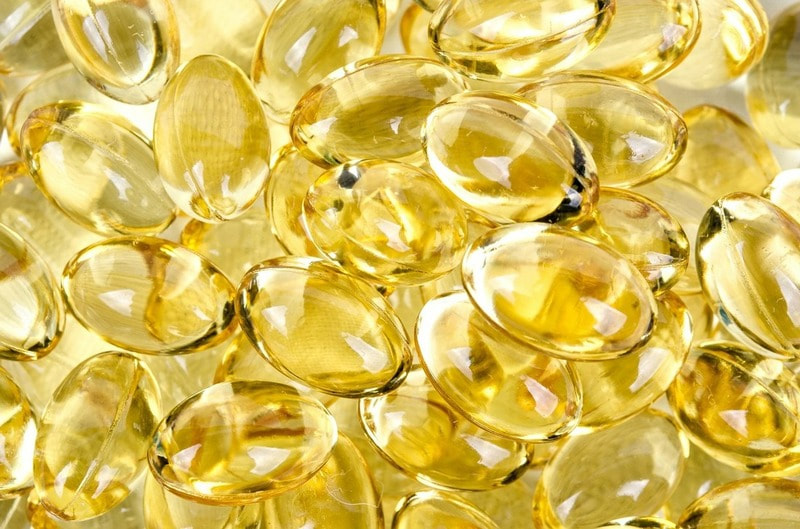Adjuvants in Vaccines: What are They?
Flu season is evident when it begins from the coughing and sniffing of fellow classmates. Clinics and hospitals ask that all staff take the flu shot, and most colleges recommend that students get their flu shots. For many, taking the flu shot annually can be annoying. Some choose not to use vaccines in general for themselves or their children. They belong to a group frequently referred to as the Anti-vaccination Movement, or Anti-Vaxxers.
Conspiracy theories arise annually around flu season about the “chemicals” and “dangerous substances” that scientists put into vaccines. Those substances are actually called “adjuvants,” and according to past research and health agencies, they’re actually not dangerous. A lack of understanding of what vaccines actually contain can be worrisome to many; therefore, there should be a better understanding of what adjuvants are. According to the Centers for Disease Control and Prevention (CDC), adjuvants are ingredients added to the vaccines to help produce a stronger and more effective immunological response. The discovery of the benefits of adjuvants was said to have been “serendipitous.”
The discovery came from the manipulation of injection composition, over 70 years ago. Alexander Glenny is has been credited with one of the earliest manipulations of injection composition. Glenny worked with his colleagues and discovered immune enhancing effects of aluminum salts. Those salts were used in injections in order to stimulate greater reactions compared to those without salts. With this discovery, aluminum has become one of the most common adjuvants used in modern vaccinations. Nonetheless, with every discovery, criticism was never far behind.
Conspiracy theories arise annually around flu season about the “chemicals” and “dangerous substances” that scientists put into vaccines. Those substances are actually called “adjuvants,” and according to past research and health agencies, they’re actually not dangerous. A lack of understanding of what vaccines actually contain can be worrisome to many; therefore, there should be a better understanding of what adjuvants are. According to the Centers for Disease Control and Prevention (CDC), adjuvants are ingredients added to the vaccines to help produce a stronger and more effective immunological response. The discovery of the benefits of adjuvants was said to have been “serendipitous.”
The discovery came from the manipulation of injection composition, over 70 years ago. Alexander Glenny is has been credited with one of the earliest manipulations of injection composition. Glenny worked with his colleagues and discovered immune enhancing effects of aluminum salts. Those salts were used in injections in order to stimulate greater reactions compared to those without salts. With this discovery, aluminum has become one of the most common adjuvants used in modern vaccinations. Nonetheless, with every discovery, criticism was never far behind.
Image Source: Miriams-Fotos
Anti-vaxx groups often argue against vaccines because of the presence of aluminum. Many even attribute the development of autism in children to aluminum exposure, which has never been proven to be true. The Food and Drugs Administration (FDA) states that aluminum has shown a safety profile for over six decades. This means that for over sixty years of its usage, aluminum has been integrated safely into vaccines. However, because of Anti-vaxx movements and concerns over the adjuvants, more studies have been conducted on their potential dangers. According to the FDA, the levels of aluminum to which children are exposed by the recommended vaccines are insignificant to the levels of aluminium hazard. Claims that children who are vaccinated are more likely to be diagnosed with autism do exist, but it is important to note that correlation does not imply causation.
An aluminum adjuvant acts to increase antibody production, which is helpful in killing certain pathogens. Since the pathogens require specific enhancements, not all vaccines have aluminum adjuvants. Depending on the vaccine, other substances may be added. Most influenza vaccines do not contain aluminum salts, as verified in the CDC’s list of vaccines and their ingredients. Aluminum, itself, is present in various parts of the body and diets, including the everyday water. This is something to take in consideration as well. Vaccines are very important to the stabilization of the global world. They have a history of preventing deadly diseases and, historically, eliminating diseases such as polio from entire populations. To many, the purpose of adjuvants remains unknown to most individuals. Not fully understanding the purpose of adjuvants could be concerning, but for many, the benefit of immunity outweighs the cost.
An aluminum adjuvant acts to increase antibody production, which is helpful in killing certain pathogens. Since the pathogens require specific enhancements, not all vaccines have aluminum adjuvants. Depending on the vaccine, other substances may be added. Most influenza vaccines do not contain aluminum salts, as verified in the CDC’s list of vaccines and their ingredients. Aluminum, itself, is present in various parts of the body and diets, including the everyday water. This is something to take in consideration as well. Vaccines are very important to the stabilization of the global world. They have a history of preventing deadly diseases and, historically, eliminating diseases such as polio from entire populations. To many, the purpose of adjuvants remains unknown to most individuals. Not fully understanding the purpose of adjuvants could be concerning, but for many, the benefit of immunity outweighs the cost.
Featured Image Source: whitesession
RELATED ARTICLES
|
Vertical Divider
|
Vertical Divider
|
Vertical Divider
|






